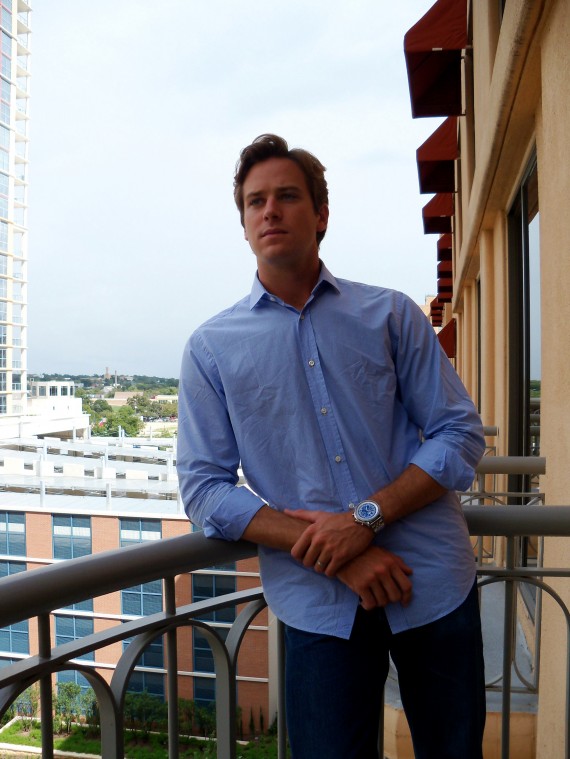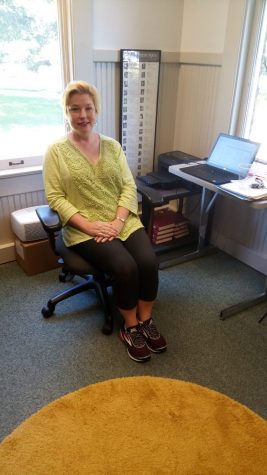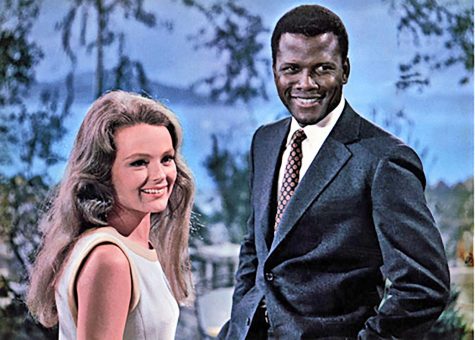Actors talk Facebook flick
First, mankind utilized tools. Then, a little bit of time passed, some stuff happened, some people died of some diseases, and the American Revolution spawned the United States. After that, some more time passed, and a truly world-changing revolution took place in a 21st century Cambridge, Mass. dorm room: The Facebook Revolution.
All hyperbole aside, as we click Facebook on our favorites bar, skip login as our presets are already saved, check our notifications and update our statuses, Facebook has become an integral part of our modern lives.
But when you can check the social networking site a dozen times a day, who really stops to think about life B.F. (Before Facebook)?
The new film “The Social Network,” written by Aaron Sorkin and directed by David Fincher, chronicles the meteoric, controversial rise of Facebook, a story that audiences are sure to find messier than changing their relationship status to “it’s complicated.”
It’s no secret that Facebook creator Mark Zuckerberg was not on board with the project. Sorkin based his screenplay on the book “The Accidental Billionaires: The Founding of Facebook, A Tale of Sex, Money, Genius and Betrayal” by Ben Mezrich.
The film centers on deposition hearings between Zuckerberg, his former best friend and business partner, Eduardo Saverin, and Cameron and Tyler Winklevoss, twin brothers who had the original idea for a Harvard social networking site.
“Every story can be told from a few different perspectives,” Jesse Eisenberg, who plays Zuckerberg, said in a recent interview with Hilltop Views. “This movie tells a story from three different perspectives, and they are all right in a way.”
With Zuckerberg critical of the unwelcome biopic, Eisenberg had to find different methods for getting to know his character.
“The best thing I had to prepare was Aaron Sorkin’s wonderful script and his characterization of Mark Zuckerberg,” he said. “So even though it’s based on a real person, the most helpful resource was Aaron Sorkin’s creation.”
Eisenberg went to great lengths to connect with his character, including taking fencing classes and studying Zuckerberg’s habits and posture.
“The level of accuracy and the efforts put into maintaining realism were pretty far-reaching,” he said.
This was a theme echoed throughout the production, even down to the costume designer, who hunted for every video she could find of Zuckerberg and then set about trying to obtain duplicates of all of his clothing.
Armie Hammer, who plays the Winklevoss twins, also put extra effort into doing his characters justice. Hammer conducted research on the town in Connecticut where the twins grew up and took a look at Harvard’s student handbook.
But research was nothing compared to the physical demands of the role. In addition to being Harvard graduates, the Winklevoss twins are also Olympic rowers. Hammer spent hours working with a coach to get into shape for the strenuous rowing scenes in the film.
But even with all this research and efforts to be as true to character as possible, there are some things that the actors could only mimic.
“I gave the script to my cousin who’s a computer programmer, and I asked him to explain some of it to me,” Eisenberg said, admitting that he isn’t nearly as computer-savvy as his character. “The more I was taught, the less I learned, because it’s so complicated. I bought ‘C++ For Dummies,’ which is a coding book, and read the opening paragraph and was lost.”
But even if the film’s stars don’t have the real tech-savvy skills to have developed something like Facebook, just like all of us, they have the opportunity to use it.
Hammer, who admits to having a profile that he checks on a lunar cycle at best, sees both sides of Facebook.
“It’s really an amazing tool in terms of making the world smaller and flatter,” he said. “One out of every 14 people on the planet has a Facebook, so you have to think this thing has to be doing something amazing for people. But there’s also that [other] side of Facebook where it gets dark, where you have people who become … narcissists and they spend eight hours a day on Facebook … and have nothing to show for it except maybe their eyes hurt.”
In the end, perhaps the story of Facebook’s creation has the same mix of pitfalls and pleasures that define Facebook itself.
“It has the ability to be this incredible tool for good,” Hammer said. “But then, like everything else, it also has that flip side.”






